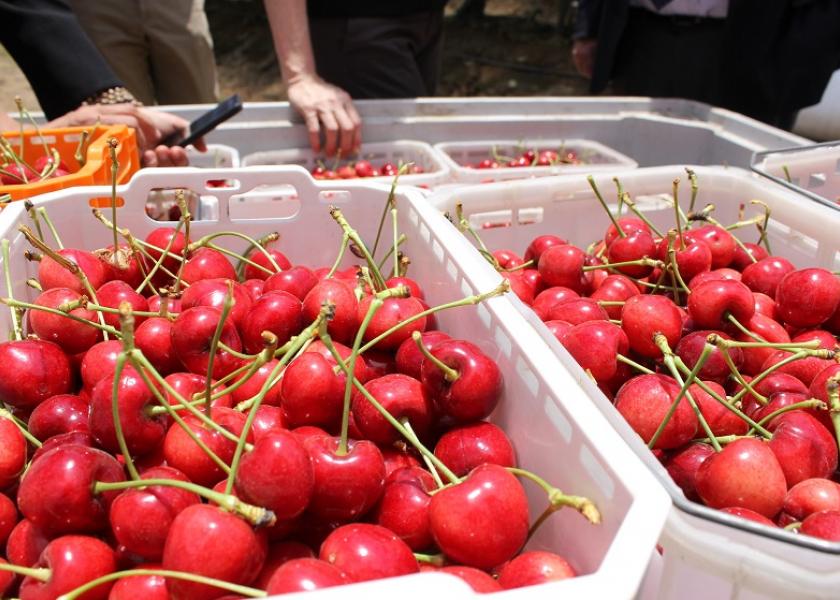Chilean growers look at “marathon” to beat COVID-19

Chilean fruit growers are concerned about the potential of COVID-19 related measures to disrupt the supply chain and movement of workers during their peak harvest season.
Jorge Valenzuela, president of the Federation of Fruit Producers of Chile (Fedefruta) said the COVID-19 pandemic has reduced availability of seasonal workers in regions such as Atacama, where the table grape harvest is increasing, according to a news release published Dec. 4 on the Fedefruta website and translated by Google online.
“The pandemic is clearly complicating the availability of workers and the quality of work,” he said in the release.
In the northern Chile region of Copiapó, some farm workers from Bolivia have not been able to enter Chile due to the pandemic.
In central and northern Chile growing regions, the possibility of a second wave of COVID-19 in January could lead to new confinement measures for cities and growing regions, threatening headaches for producers.
Growers have to take every measure to limit their risk, Valenzuela said in the release.
“Today we are talking about a second wave of coronavirus, in January, just when we are in full harvest in all fruit-growing regions, with table grapes, cherries, berries, stone fruit and other species,” he said in the release. “Therefore, to the extent that we have traceability in the processes and we operate very rigorously all the protocols that we have agreed upon, we will be able to continue operating.”
The Chilean fruit leader said the fresh produce sector must pay careful attention to protocols to avoid COVID-19 both in the fields and in the plants and in the routes to market.
“We have to prepare to run a marathon, a marathon in terms of meeting with health protocols,” he said in the release. “The most important challenge that we have as fruit producers and exporters is to avoid any COVID-19 in the orchards, and of course in the process plants,” he said in the release. “You have to be extremely strict with temperature control, with the use of masks, with the use of alcohol gel in all processes, and be able to trace if there is a positive case of coronavirus.”







